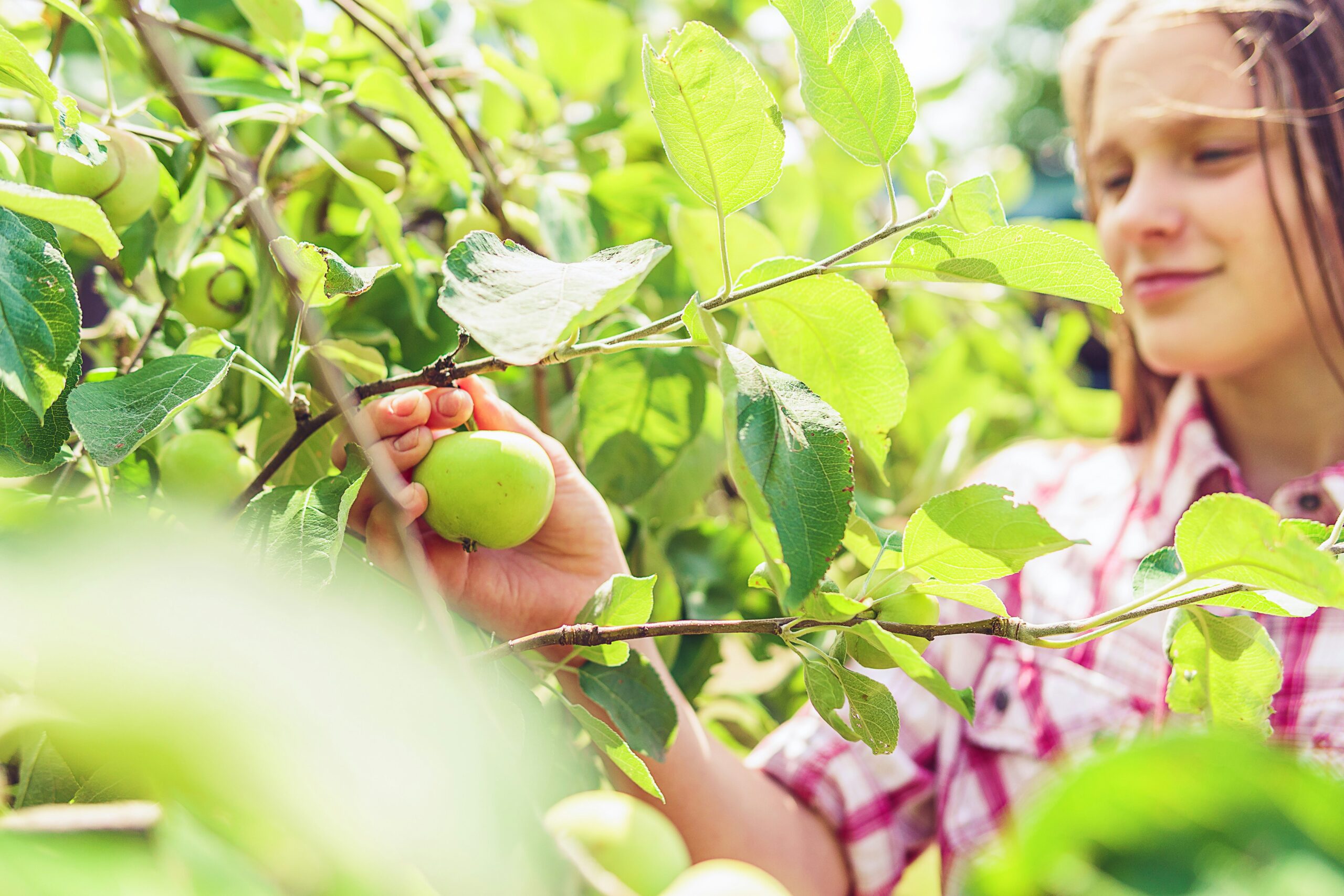

Introduction to the concept of nature therapy
Imagine stepping into a world where vibrant greens and colorful blooms embrace you, where the air is fresh and filled with life. This isn’t just a picturesque setting; it’s a glimpse into nature therapy—a growing movement that highlights how our connection to plants can transform our well-being. As urban living consumes more of our time, many are rediscovering the powerful benefits of being among flora. Nature isn’t merely beautiful; it has profound effects on both body and mind. Let’s explore how immersing ourselves in this natural realm can enhance our health and happiness in unexpected ways.
The physical benefits of spending time in nature
Spending time in nature offers a refreshing escape from our fast-paced lives. The simple act of stepping outside can lower blood pressure and reduce stress levels. These benefits stem from the natural surroundings that help our bodies unwind.
Fresh air is another gift of the outdoors. Breathing it in fills our lungs with oxygen, boosting energy and enhancing mental clarity. Studies show that just a walk through green spaces can uplift mood and improve focus.
Movement is key too. Hiking, biking, or even strolling on a beach encourages physical activity without feeling like exercise. This connection to nature often leads to increased motivation to stay active.
Additionally, exposure to sunlight aids vitamin D production—essential for bone health and immune function. A little sun goes a long way toward overall well-being when enjoyed responsibly with proper protection against overexposure.
The mental and emotional benefits of connecting with plants
Connecting with plants offers a refreshing escape from our fast-paced lives. Just being around greenery can reduce stress levels significantly. The sight of vibrant leaves and blooming flowers works wonders for the mind.
Plants invite mindfulness, encouraging us to slow down and appreciate the present moment. This practice helps clear mental clutter, enhancing focus and creativity.
Caring for plants fosters emotional well-being too. Nurturing life can spark feelings of purpose and responsibility. Many find joy in watching their plants grow and thrive, creating a strong bond between them.
Moreover, studies show that individuals who engage with nature often report lower anxiety levels. The simple act of watering or pruning provides therapeutic benefits that uplift mood and promote relaxation.
Whether it’s tending to houseplants or wandering through a botanical garden, these interactions cultivate happiness within us. Embracing this connection encourages personal growth while deepening our relationship with the natural world around us.
Incorporating plants into daily life for better health and well-being
Bringing plants into your daily routine can transform your environment. Start small by adding a few houseplants to your living space. They not only beautify but also purify the air.
Consider an indoor herb garden in your kitchen. Fresh basil, mint, or rosemary are easy to grow and enhance flavor in meals. Cooking with homegrown herbs adds a personal touch that’s hard to replicate.
If you have outdoor space, create a small garden or simply place pots on your balcony. Spending time tending to these plants can reduce stress and improve mood.
Another simple way is to take nature walks regularly. Observe local flora while breathing in fresh air; it connects you deeply with the natural world.
Even incorporating plant-based foods into your diet promotes health benefits. Think about smoothies packed with greens or colorful salads brimming with nutrients that nourish both body and mind throughout the day.
The importance of sustainability and ethical consumption in plant-based practices
Sustainability and ethical consumption are crucial when embracing plant-based practices. As we explore the healing power of plants, it’s essential to consider their origins.
Choosing sustainably sourced plants not only benefits our health but also protects ecosystems. It helps preserve biodiversity and supports local communities that rely on these resources.
Ethical consumption involves being mindful of where our plants come from. This means seeking out organic options and supporting fair trade initiatives. Every purchase reflects our values; making conscious choices fosters a healthier planet.
Additionally, sustainable gardening practices can enhance your connection with nature. Whether growing herbs at home or participating in community gardens, you contribute positively to the environment while enjoying fresh produce.
Integrating sustainability into our daily lives empowers us as consumers and nurtures a deeper bond with the natural world around us.
Conclusion: Embracing the healing power of plants for a happier, healthier life
Embracing the healing power of plants can significantly enhance our lives. Nature has an incredible ability to soothe, uplift, and rejuvenate us. By spending time outdoors or nurturing indoor plants, we tap into a wellspring of physical and emotional benefits.
Connecting with greenery encourages mindfulness. It helps ground us in the present moment while reducing stress levels. The simple act of caring for a plant can foster feelings of accomplishment and joy.
Integrating more green spaces into our daily routines is easy. Whether it’s taking a walk in the park or adding houseplants to your home, every little bit counts toward better health.
Moreover, as we cultivate our relationship with nature, it’s vital to consider sustainability. Making ethical choices about where our plants come from ensures that these resources remain available for future generations.
As you explore this journey towards well-being through nature’s gifts, you’ll likely find greater happiness in both mind and body. Embrace the beauty around you and let it transform your life one leaf at a time
